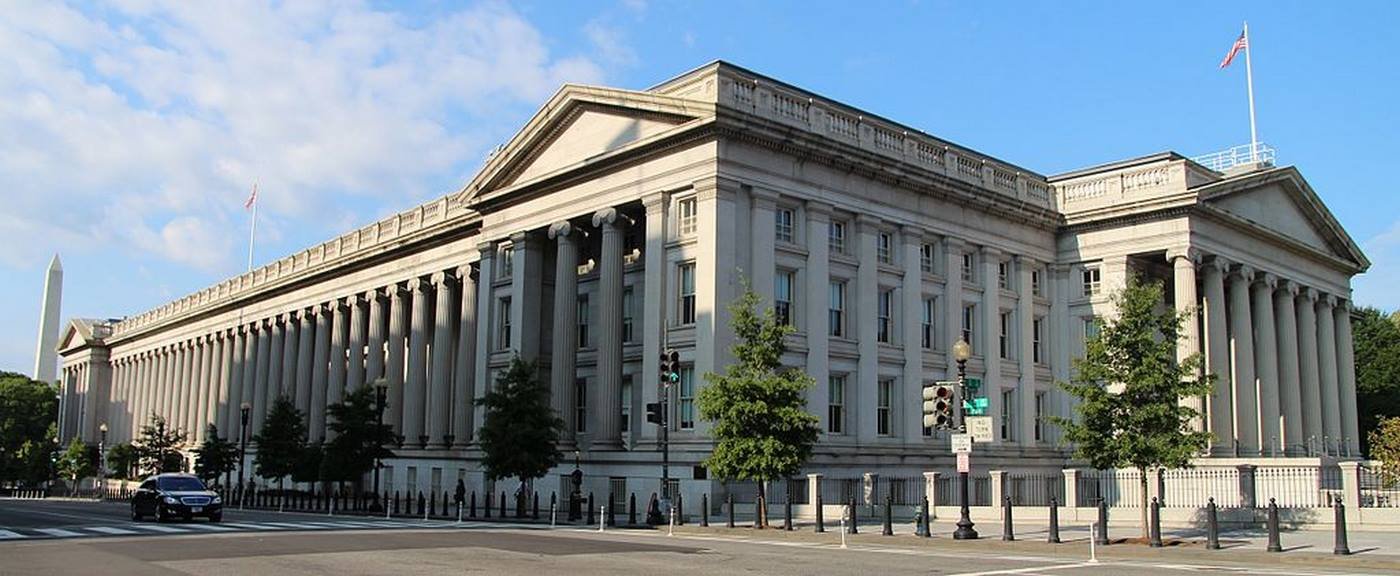According to projections from the Committee for a Responsible Federal Budget, the US federal spending deficit for the fiscal year ending on September 30th, 2023 will be $2 trillion.
The watchdog organization that pushes for a balanced budget says that a variety of factors is driving the increase, including the high national interest rates set by the Federal Reserve, and lower tax revenue.
This is not a record-setting amount. In 2020, the deficit hit $3.1 trillion, and in 2021 it hit $2.8 trillion, but these were backdropped by gargantuan spending bills believed to be necessary for COVID-19 and Biden’s infrastructure plan. One might say that this $2 trillion deficit represents a record without force majeure of some kind.
“A big part of the story is just that there was sort of a one-time huge revenue surge in 2022 that’s done,” Marc Goldwein, senior policy director at the organization, told The Hill. “But the other stories are that we have structural deficits really rising in 2023. And that’s a lot of that is because of interest costs”.
“These things add up. It’s no one thing that’s causing us to go from $1 trillion to $2 trillion. It’s like six things”.
One of those six things has been a fall in tax revenues. Income tax and tariff revenues are indeed falling, with reductions in income tax not withheld by employers already falling by $278 billion, or 26% of the annual total year over year.
Another factor is increases in paying interest on old debt—by $136 billion, or 23% to be precise, as higher interest rates increase the cost of borrowing.
“Over the long run, under current law, the Congressional Budget Office expects deficits to keep growing, reaching 7.3% of GDP in 2033, an increase from 5.5% last year,” the Wall Street Journal reports. “Spending on net interest on the debt is projected to rise to 3.7% of GDP over the same period, from 1.9% last year”.
The Journal continues, saying that these deficit increases, unlike similar large percentile increases in previous years and from previous decades, don’t correspond with any commensurate increases in economic activity related to stimulation of investment or consumer spending. Instead, they’re likely to act as a drag. WaL



